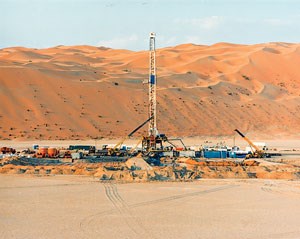How common is the 7%+ decline in oil prices?

Anas Alhajji
@anasalhajji
Oil prices today, August 1, 2019, declined unexpectedly by more than 7%. How common is such a decline?
Not that common! For front month WTI, among 9,126 trading days, the decline in oil prices by more than7% happened only 55 times (excluding today). That is only 0.60%.
In fact, today’s decline stands out: most previous declines were associated with major events related to wars, financial crises, and Saudi & OPEC actions. Today, we had none of these events.
While at it, let us look at some interesting stats:
- Today’s decline, in absolute term, is the largest one-day drop in 4 years: since July 6, 2015 when prices dropped by $4.40 (Failure of OPEC negotiations, Saudis increased production)
- The highest percentage in daily decline was 33%. It happened on January 17, 1991, the day following the start of the Gulf war to liberate Kuwait. Floating storage that was located in strategic locations was released, by design. The second largest decline was 16.01% on October 22, 1990. The third was 15.43% decline on July 22, 1986. Oil prices declined by 15.22% on September 24, 2001 for fear of a recession after the September 11 terrorist attack and OPEC announcement that it will NOT cut production.
- In absolute decline, the largest one-day decline was $14.31 (11.8%) at the height of the financial crisis on September 23, 2008. Followed by $10.56 decline (33%) on January 17, 1991, the day after the start of the Gulf War.
- Among these 55 declines, prices rebounded the following day 31 times. Although it is more than half, it is clear that historical data does not tell us much about tomorrow.
- Looking at declines higher than 7% by decade: 16 in the 1980s, 15 in the 1990s, 20 in 2000s, and only five in this current decade, including today.
The question is, why do we have lower incidents of price declines of more than 7% in current decade relative to past decades, despite the increased role of electronic trading, algos, and hedging? Is it Saudi/OPEC/OPEC+ activism? Is it shale? Is it the financial regulations after the financial crisis of 2008-2009?
What do you think?










Comment